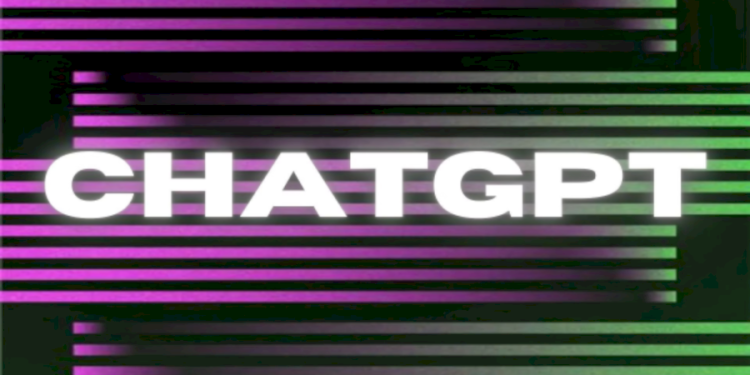On Thursday, UNESCO released its first set of recommendations for using Generative AI (GenAI) in education, encouraging governmental organizations to regulate its usage, including protecting user privacy and imposing an age restriction.
The GenAI chatbot ChatGPT, which Microsoft-backed OpenAI released in November, has become the fastest-growing app in the world to date. Its popularity sparked the introduction of competitors, such as Google’s Bard.
Students also like GenAI, which can produce essays and mathematical calculations from only a few lines of instruction.
“We are struggling to align the speed of transformation of the education system to the speed of change in technological progress and advancement in these machine learning models,” Stefania Giannini, assistant director-general for education, told Reuters.
Even the most prominent technologists do not profess to fully comprehend the technology that governments and schools are frequently adopting, she noted.
UNESCO emphasized the need for government-approved AI curricula for school education, in technical and vocational education and training, among other recommendations in a 64-page report.
By UNESCO, “GenAI providers should be held accountable for ensuring adherence to core values and legitimate purposes, respecting intellectual property, upholding ethical practices, as well as preventing the spread of disinformation and hate speech.”









